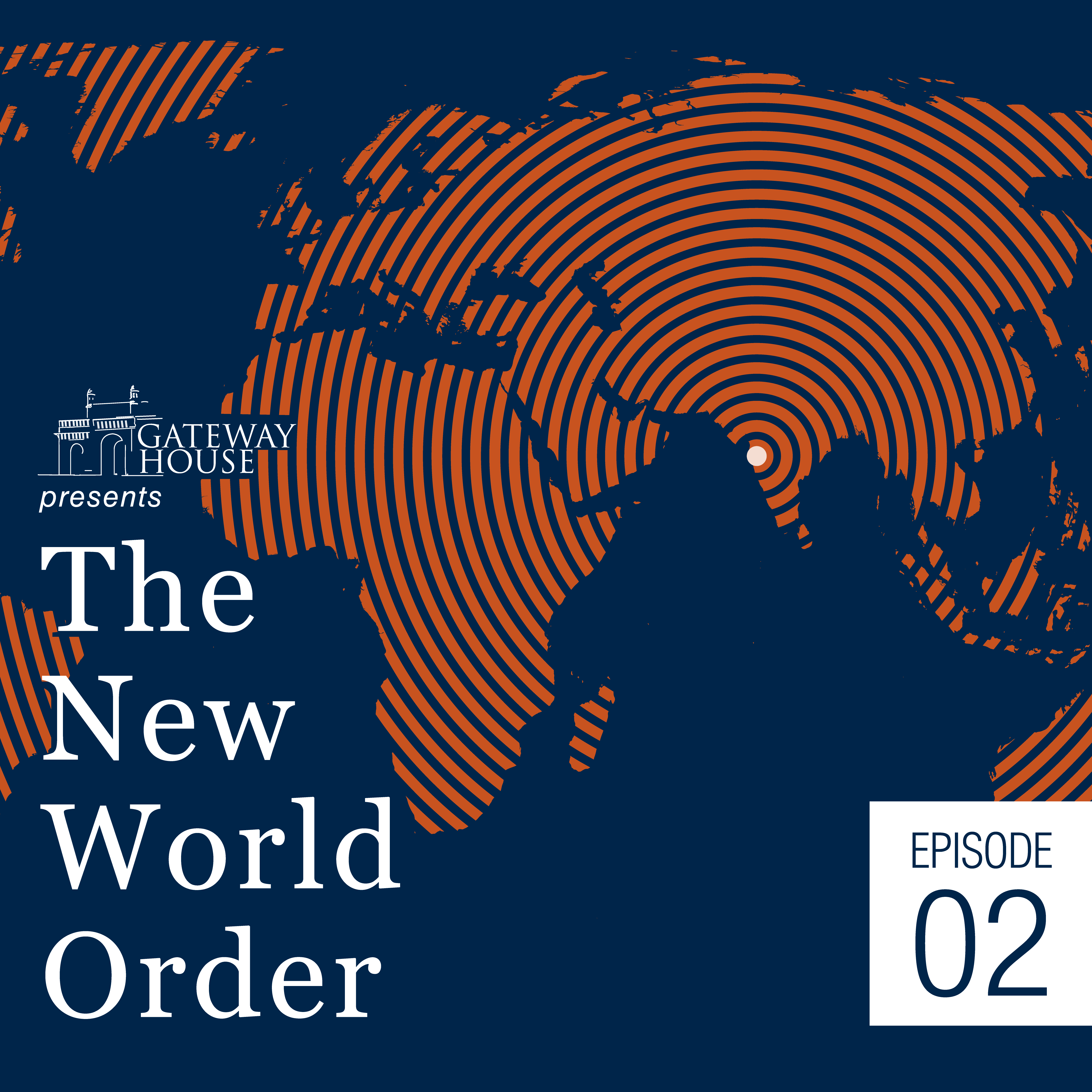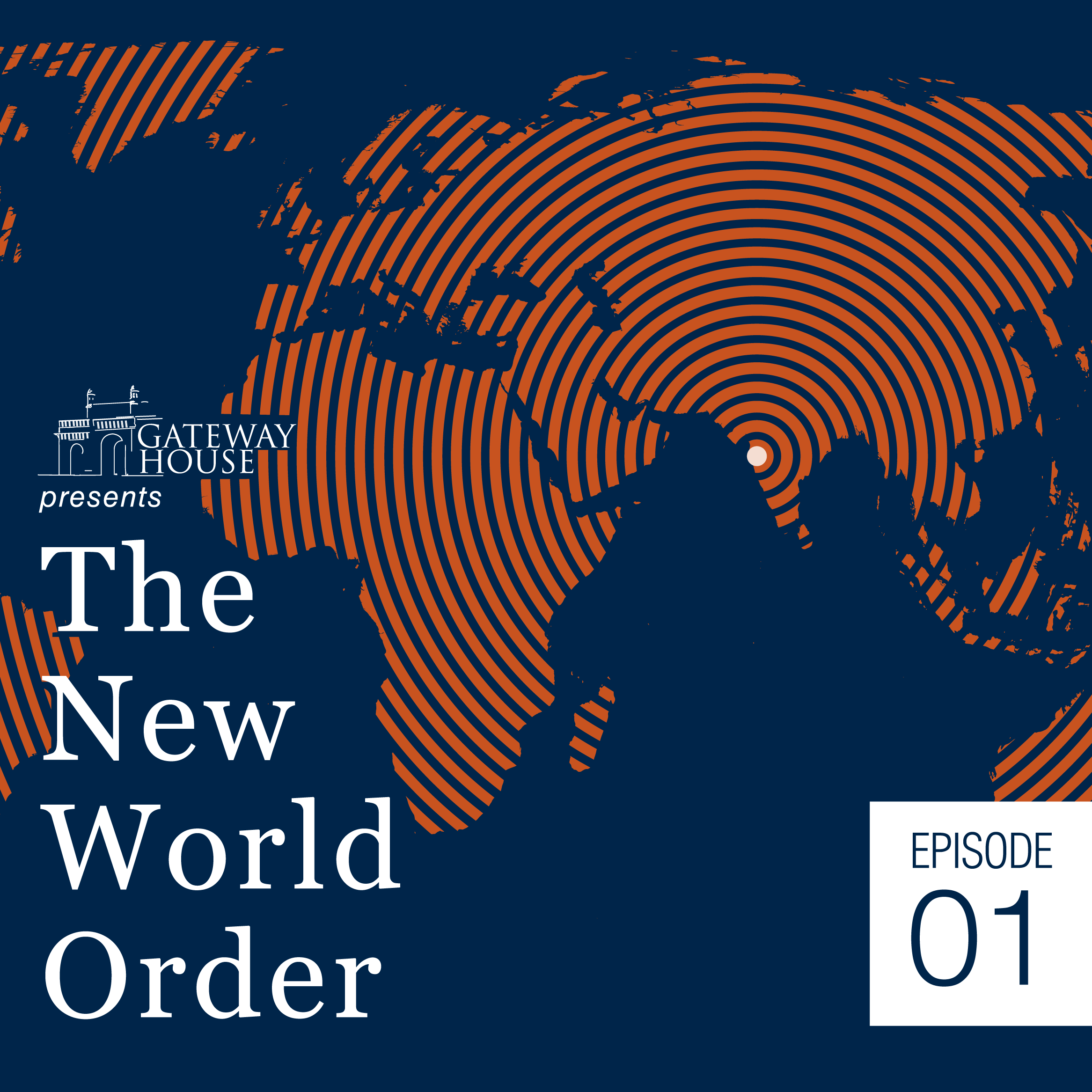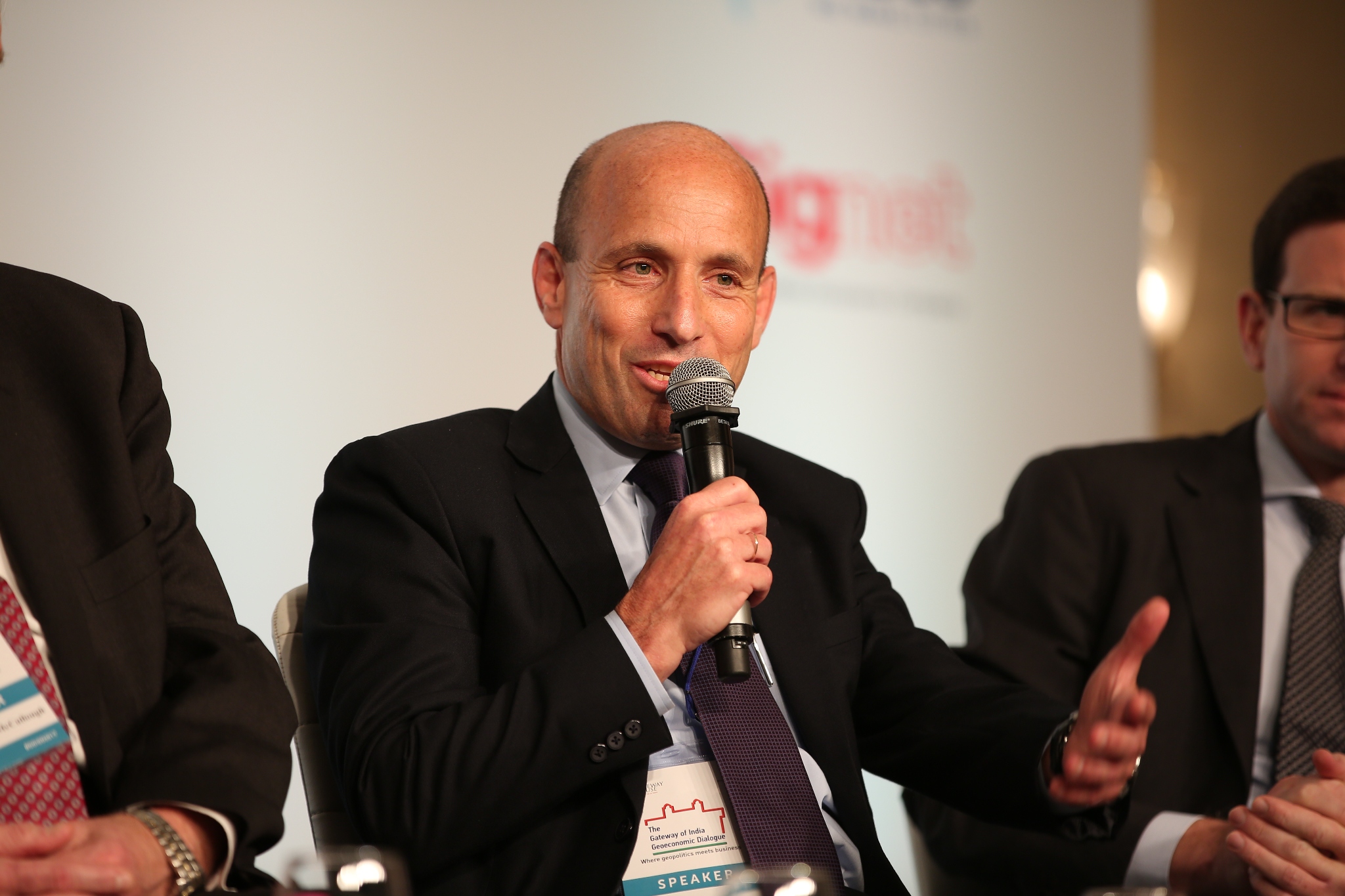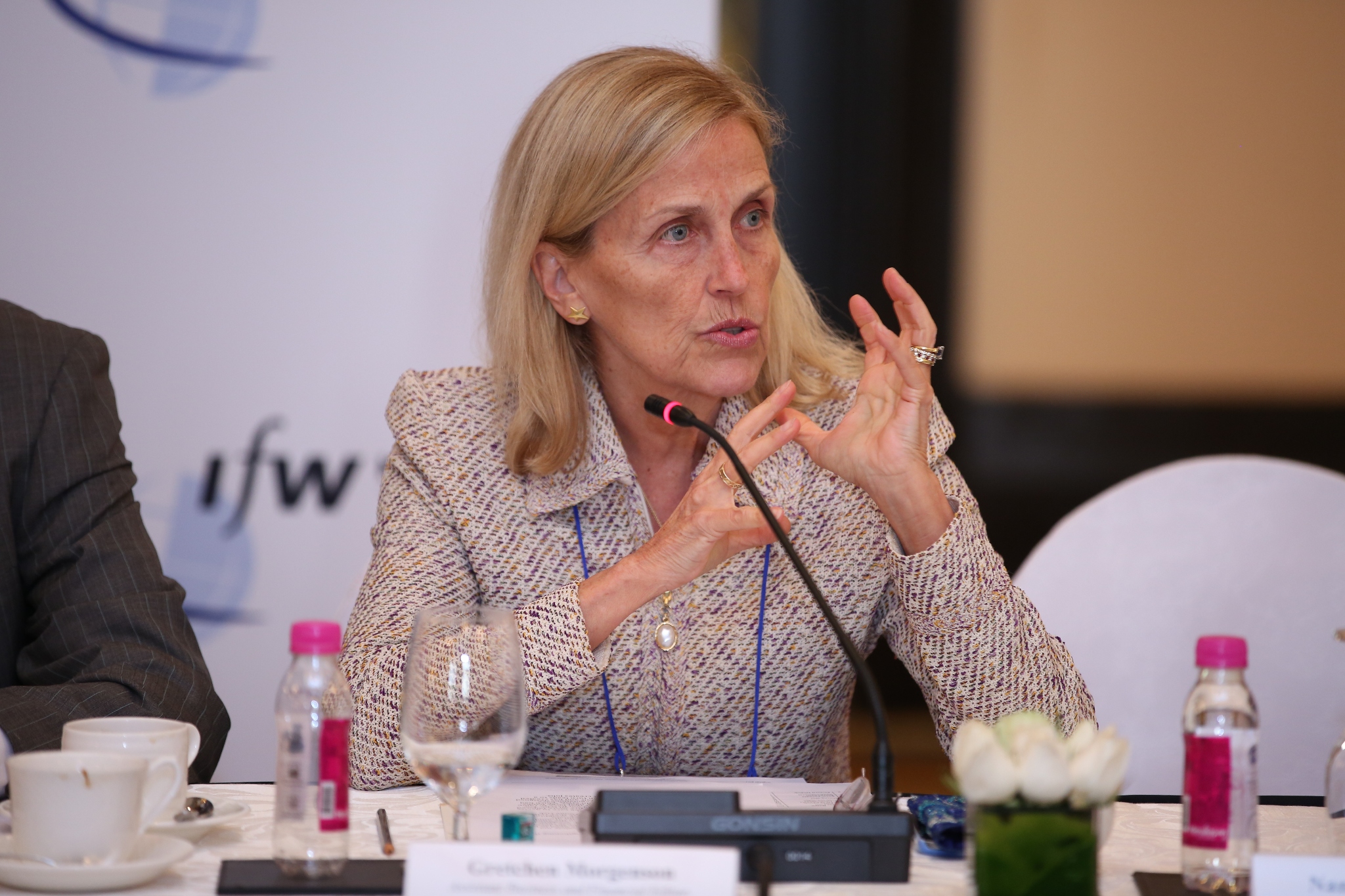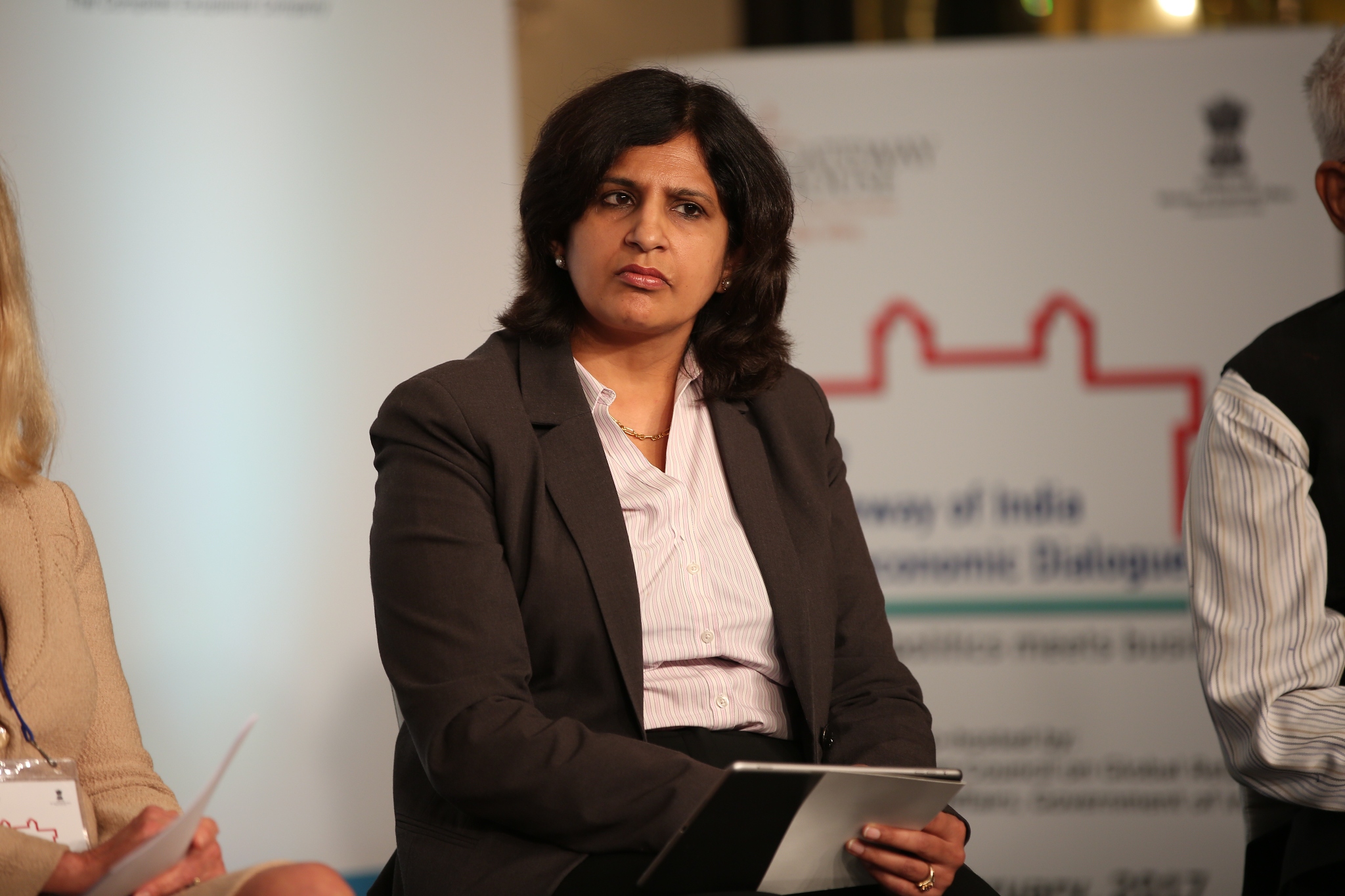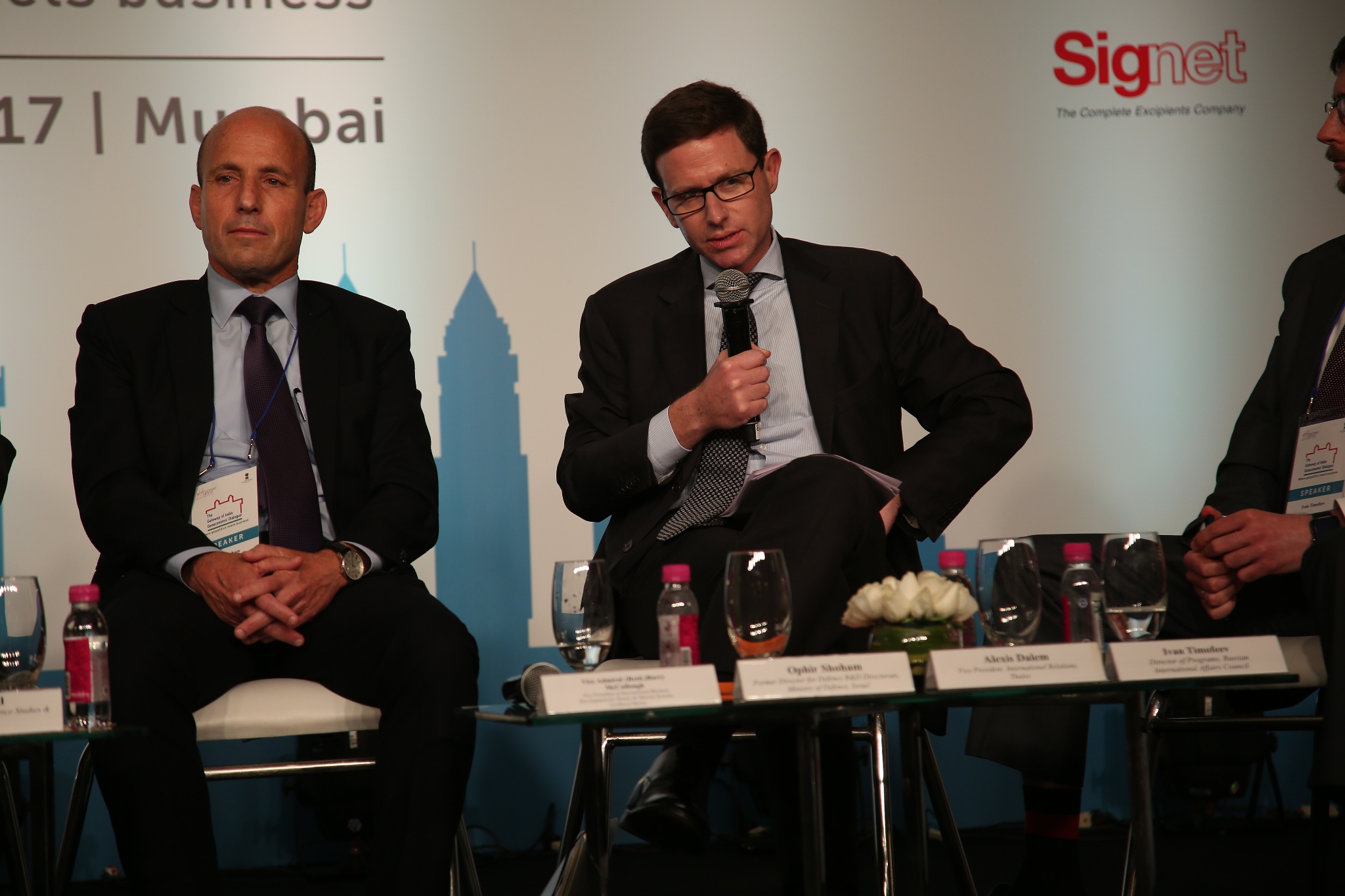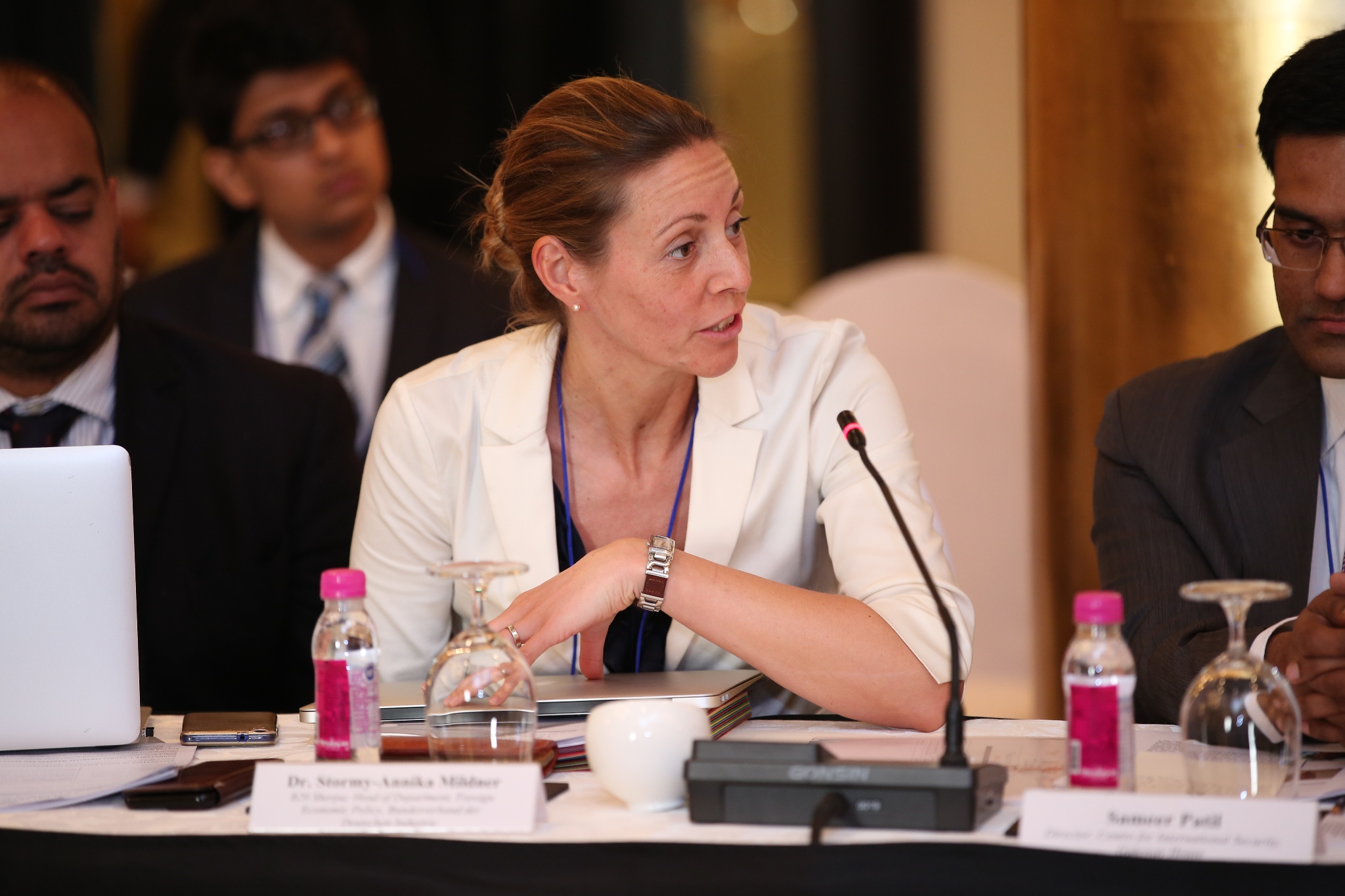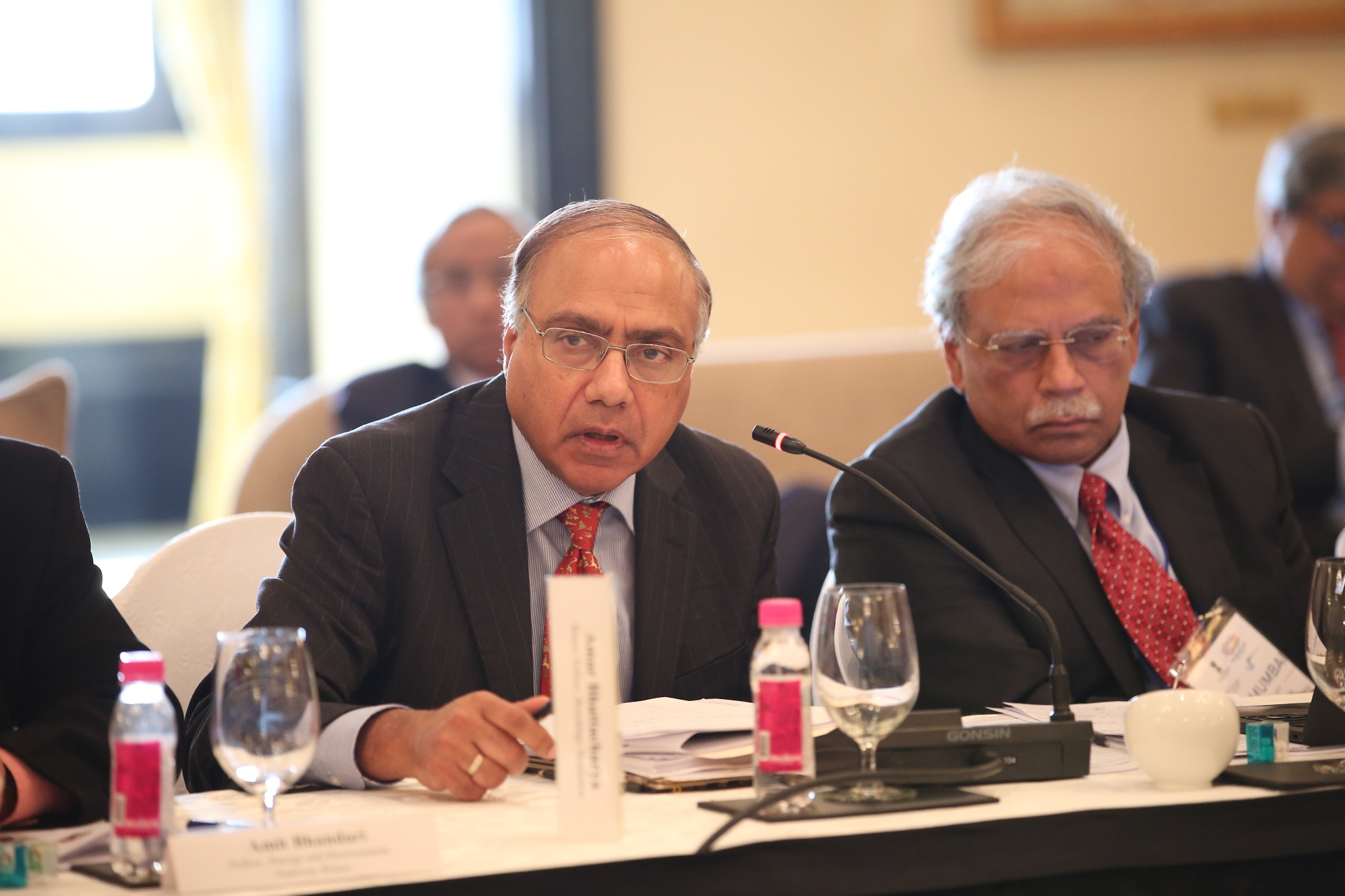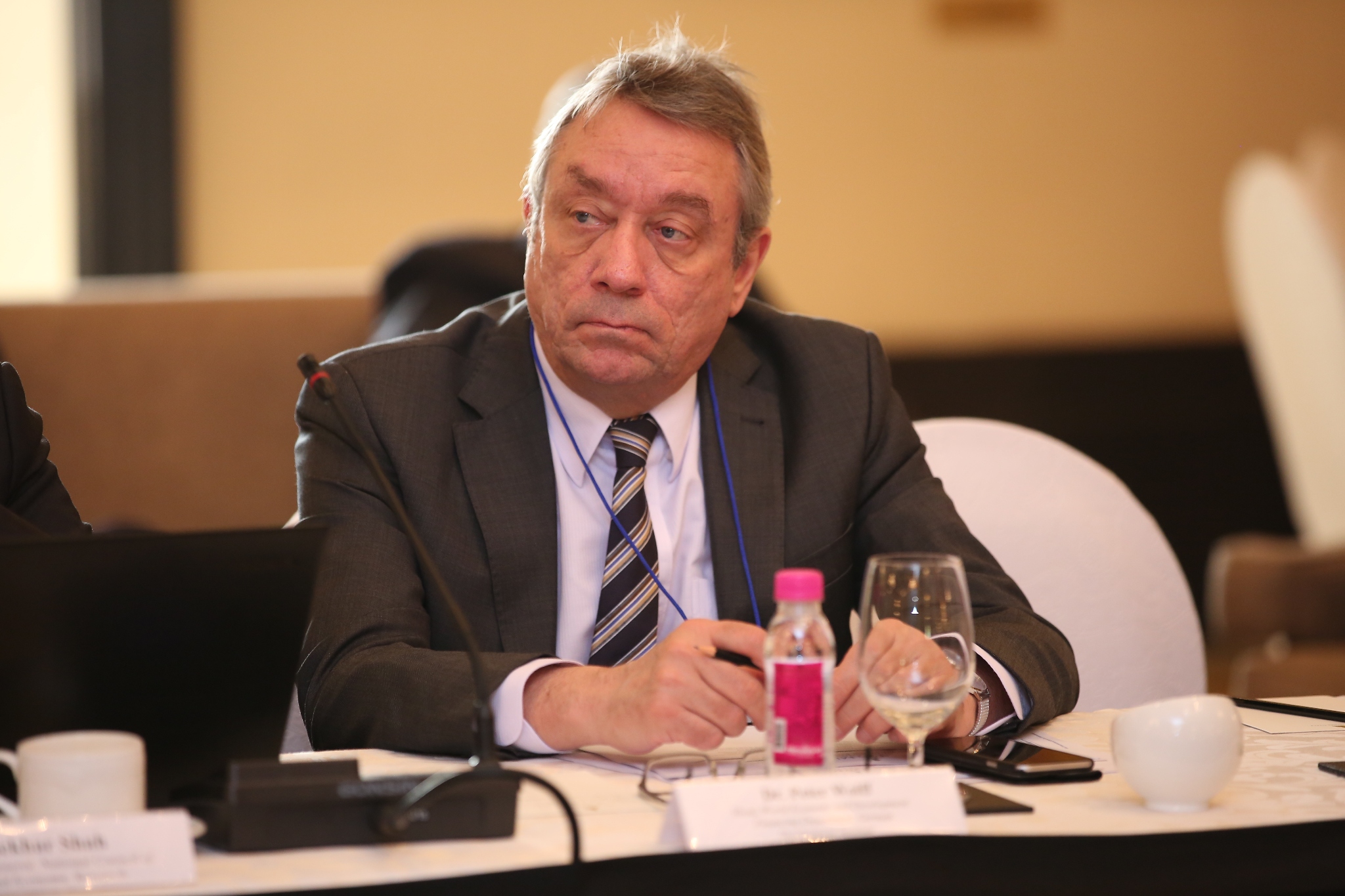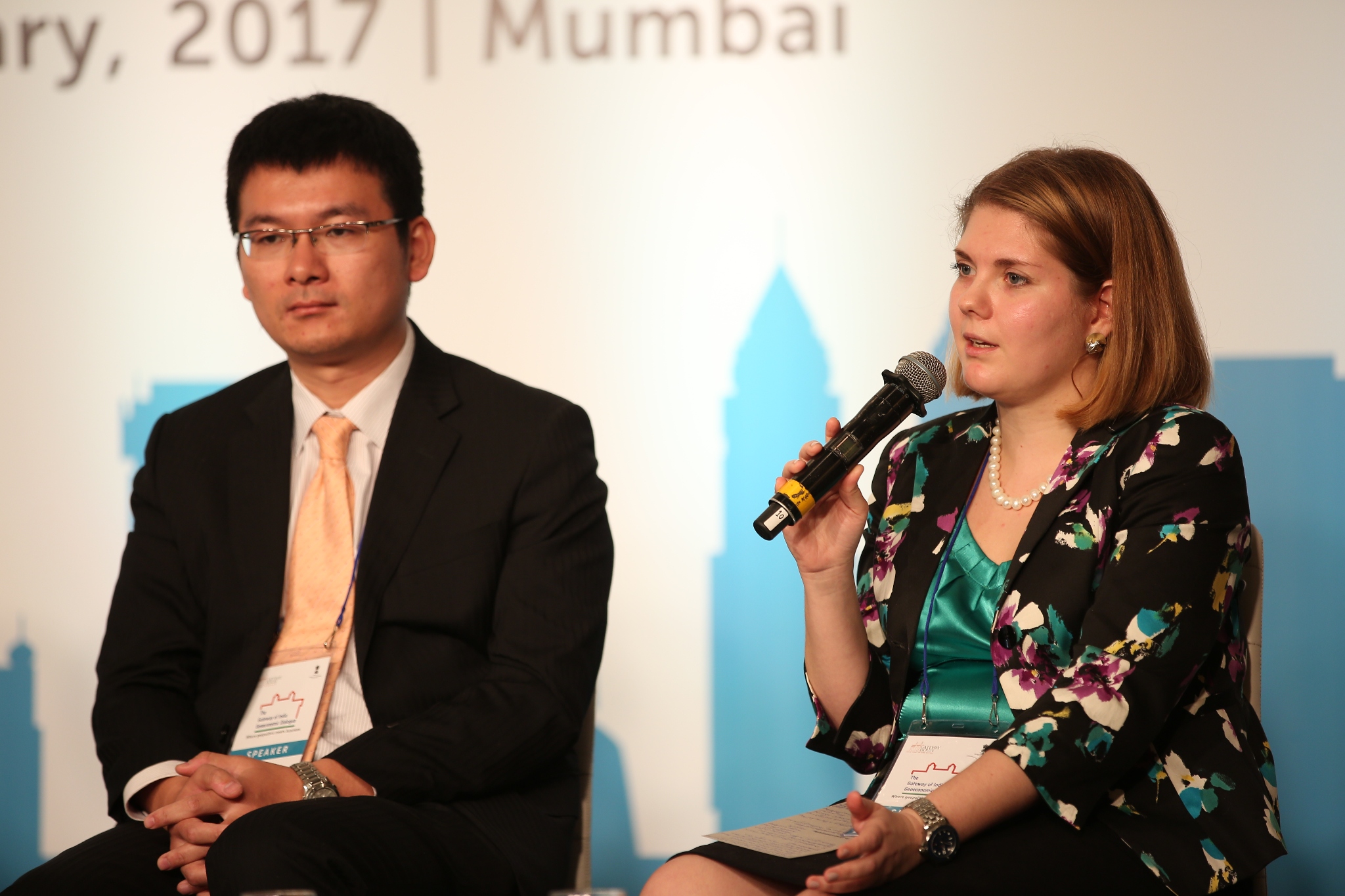The New World Order | Episode 2, a shift in U.S. foreign policy
The Presidency of Donald Trump is considered to have heralded the end of the post-1945 world order. This opinion has arisen due to some of his policies, which seek to uproot the U.S. from its self-made mandate as the leader of international peace, security and trade. Is the U.S. undergoing a global retreat? If so, what are some of the steps that the international community can take?

